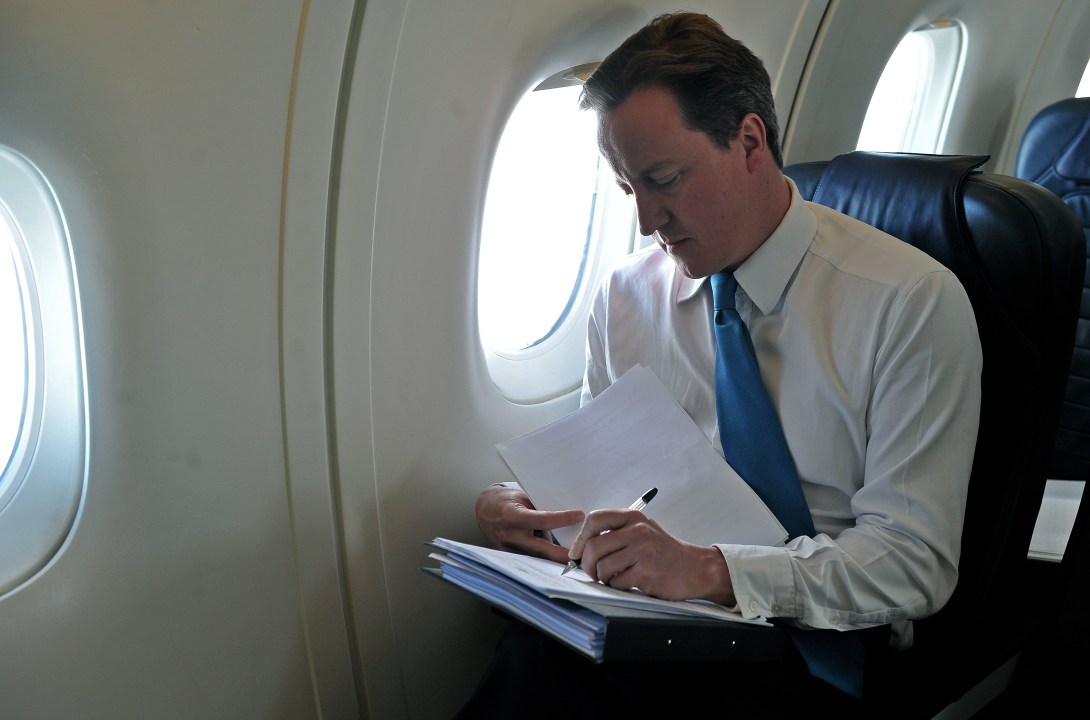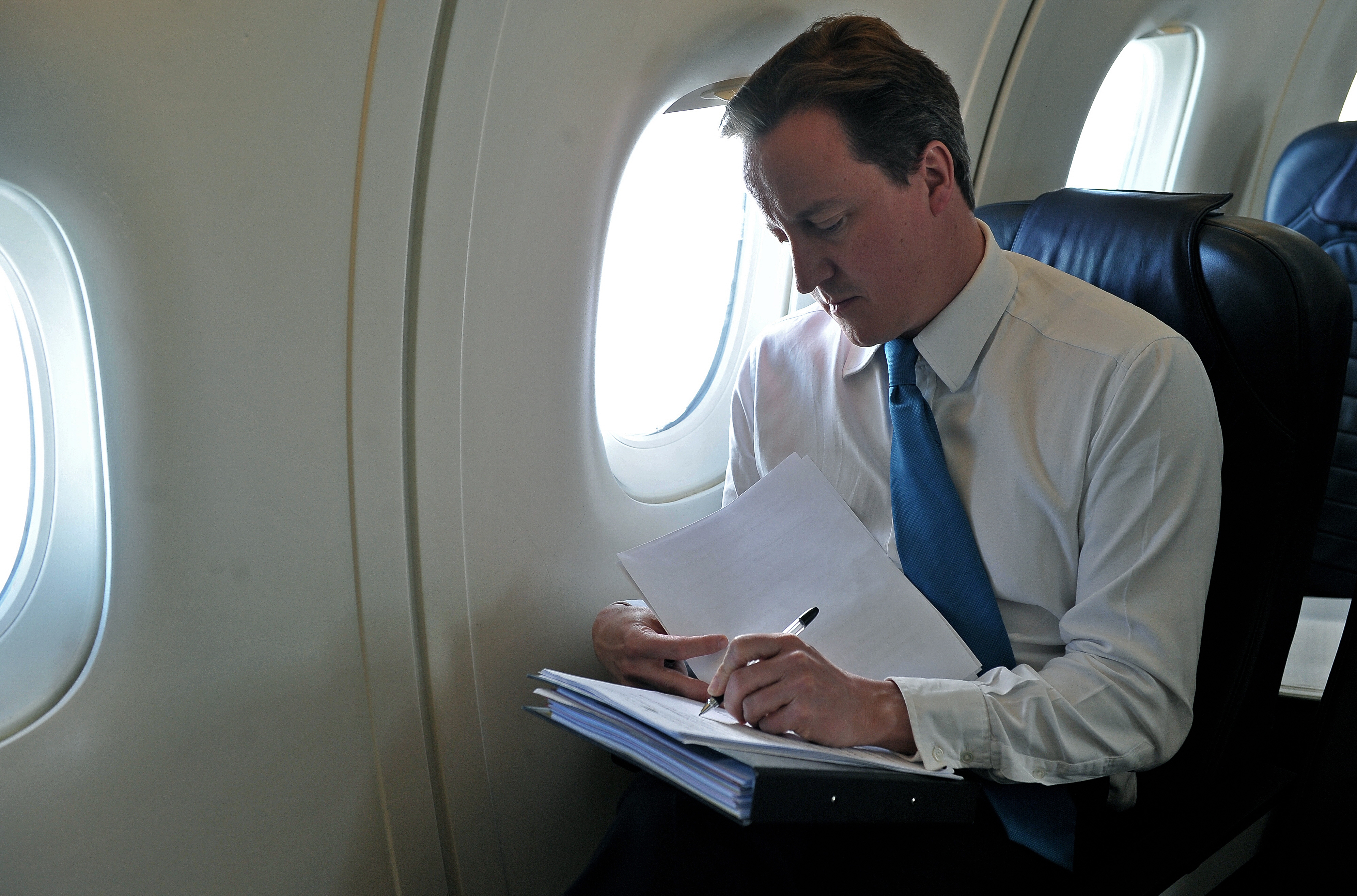Cameron flies out to Washington on Tuesday, and when he gets there he’ll have no need to play the infatuated teenager. The days of Gordon Brown-style adulation are over, and Cameron has a more mature, less needy relationship with Obama. The truth is that there’s precious little he can learn from Obama, but there might be a thing or two he can learn from Mitt Romney. I look at this in my Telegraph column today.
Cameron has never loved America, in the way that so many people in SW1 do. He toured America in his youth, but had never been to Washington until he became Tory leader. Cameron is more interested in the West coast, the latest theories from California about how information can change government. But from Obama? Not so much. Obama promised change, but has struggled to deliver it. Cameron is doing reasonably well, and it’s easy for the pantomime over NHS Reform to distract attention from the genuine and rapid progress being made on schools and welfare reform. Obama has lost battle after battle with the teachers unions, and the Charter School movement has made far slower progress than Cameron’s Free School movement. Across government, Obama struggles to point to the change that he promised in 2008. He has also eschewed the austerity agenda, where Cameron has embraced it. There isn’t that much difference between their debt plans; Cameron is actually increasing Britain’s national debt more than Obama is increasing America’s. But Cameron’s emphasis on the need for fiscal sanity chimes better with the public mood. Obama was a formiddable campaigner. But his four years in government (and his failed stimulus plan) is rich in examples of what not to.
The Obama stimulus is the greatest single lesson: $500 billion of spending, which was explicitly intended to stop unemployment rising above 8 per cent. This was an expensive failure, and even Obama has focused on tax freezing measures in his latest round.
Meanwhile the Republican race continues apace, and Mitt Romney’s chances of beating Obama weaken with every week. But if you look at the policies, and the tone of the Republican race, there are a few things that are worth taking heed of. There is a refreshing sense of urgency: the projections for the US economy are better than those for Britain and yet the Republicans refuse to settle for this. Urgent supply-side reform is needed, they say. The most radical is, of course, Ron Paul who proposes to take spending back to 2006 levels immediately and abolish five government departments. Mitt Romney’s 59-point plan has been attacked for being hopelessly mild. But it’s more radical, and holistic, than anything seen in Britain.
Romney’s plan is pretty comprehensive, looking at tax, trade, human capital, labour, energy and fiscal sustainability. He refuses to raise taxes further to tackle the deficit (‘Before Obama exploded the size of federal government, our existing tax rates were more or less adequate for the government we needed’), so spending is the problem he deals with. He’d cut discretionary spending by 5 per cent on day one (no details are given) and impose a spending/GDP cap of 20 per cent. The size and nature of American government spending makes direct comparisons impossible, but the radicalism of even the mildest Republican candidate puts our own plans into perspective.
The Republican primary season has not been an edifying spectacle, and American conservatism is in a pretty bad way. Romney is a much-improved candidate from 2008, but looks like he will have to hobble to victory — and then lose. The race is marked by the absence of good candidates who didn’t run: Mitch Daniels, Paul Ryan, Chris Christie, Jeb Bush, Haley Barbour. But there are always lessons to be learned from American politics. In this case, two stand out: that a debt-fulled stimulus does not work, and if the economic outlook is bleak then radical reform is needed.








Comments